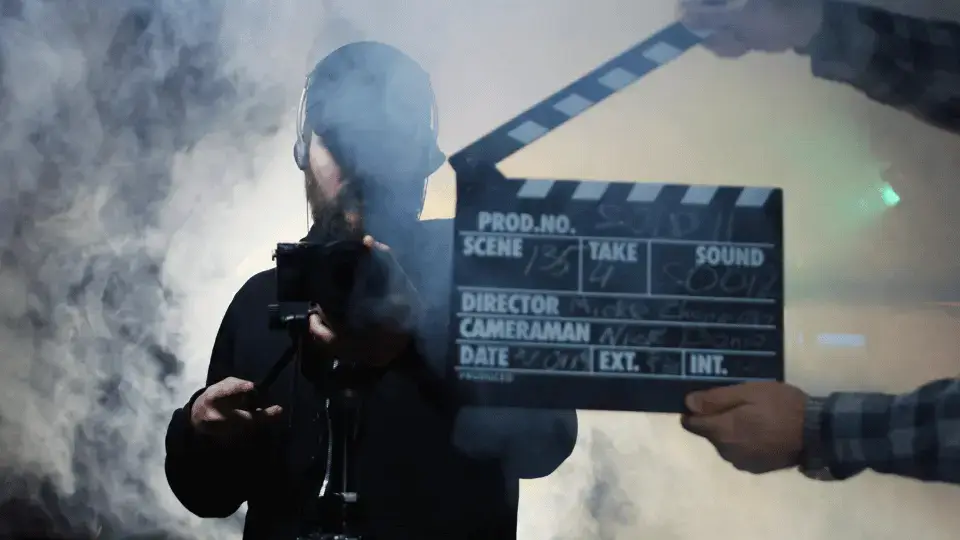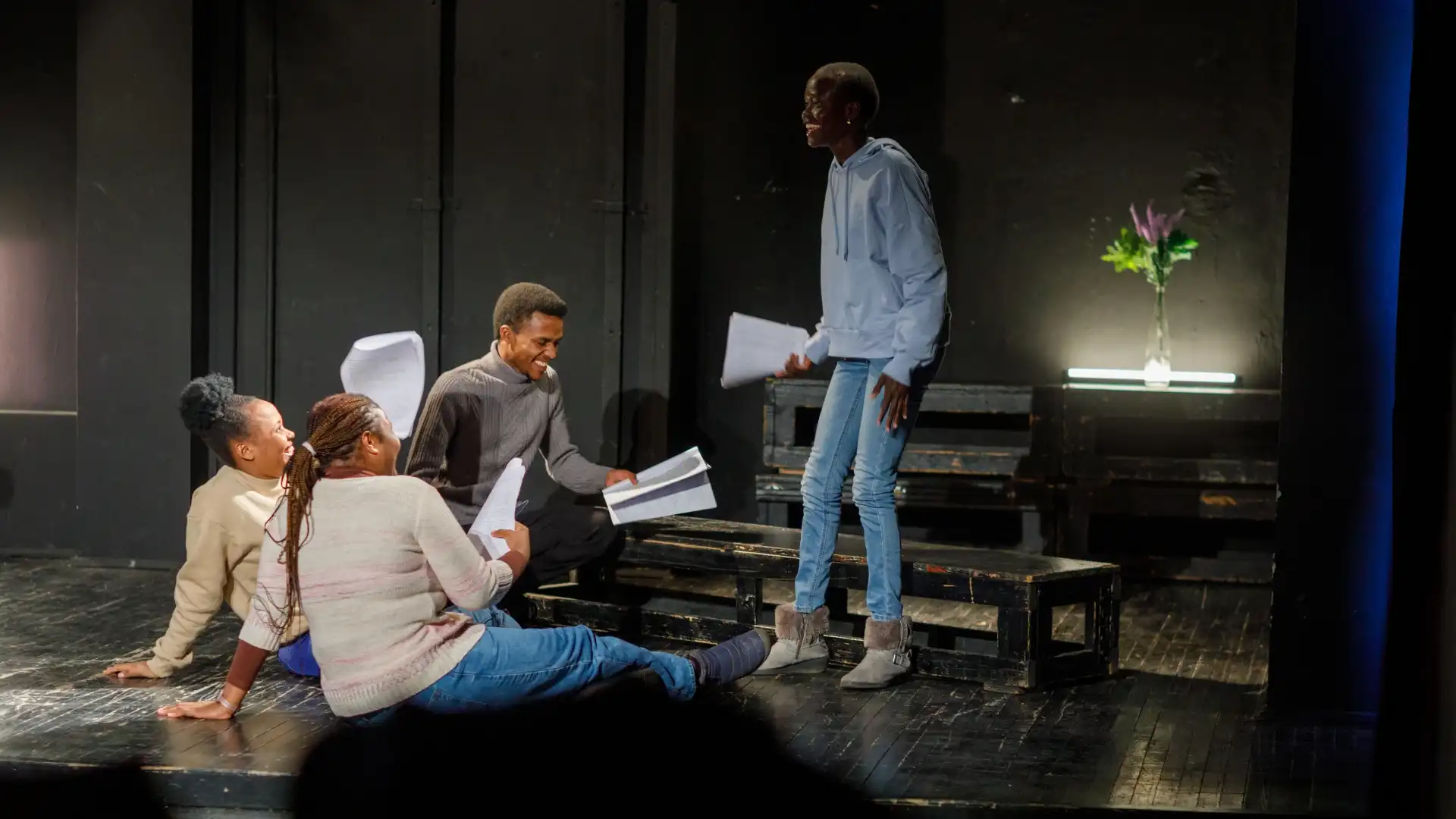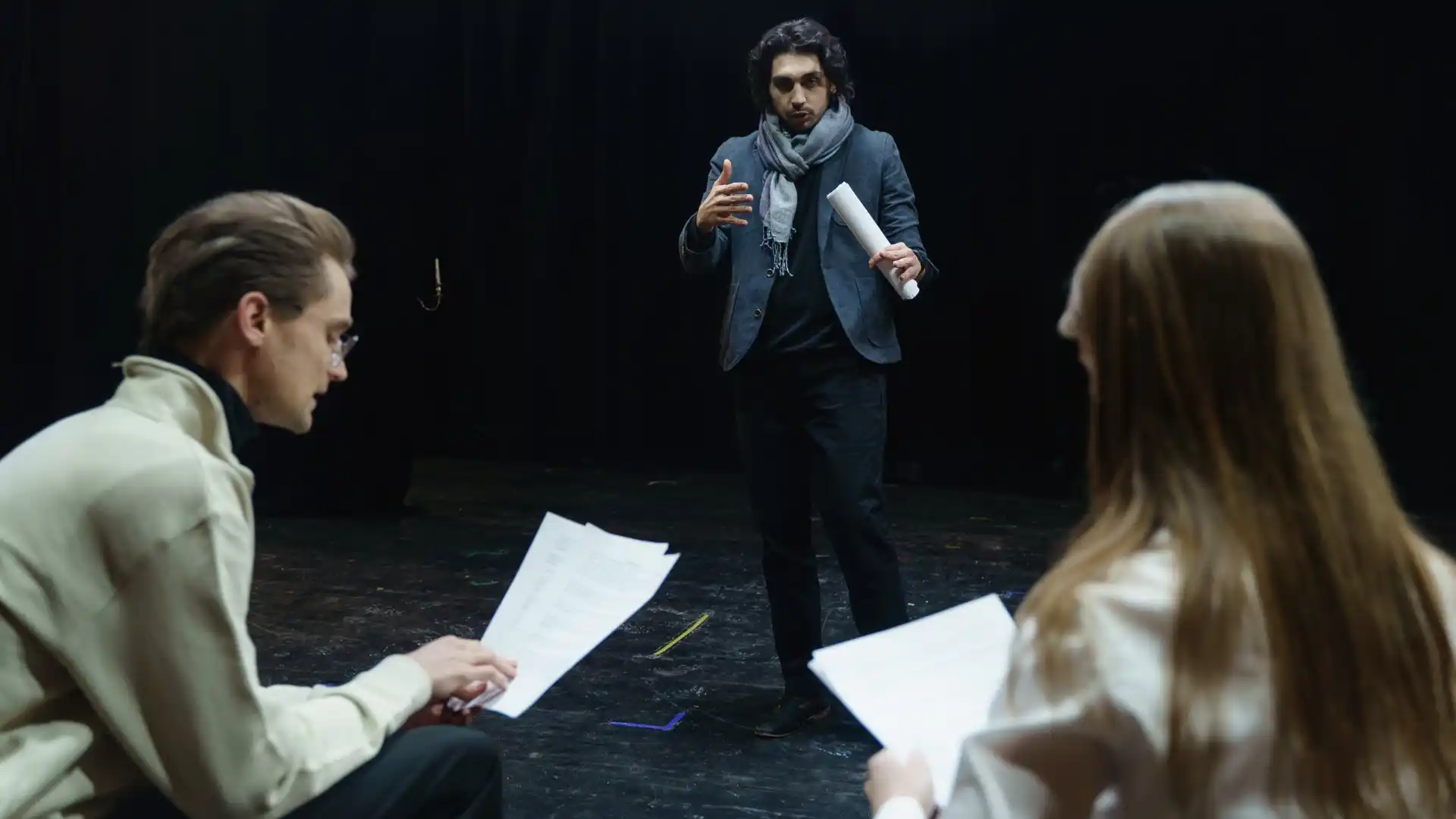The Bachelor: Unveiling the Behind-the-Scene Secrets
From the exotic group dates to the nail-biting rose ceremonies, The Bachelor has successfully bewitched millions of viewers since its debut in 2002. However, the captivating journey to find love we see on-screen is merely the final product of an elaborate, meticulously orchestrated production process. Through this examination, we aim to uncover the secrets and unveil the realities that govern the casting, filming, and editing stages of this beloved reality show.
In this article, we will delve into the stringent selection criteria of the casting process, the orchestrated chaos of filming, and the artistry of editing that contributes to the drama and intrigue that is synonymous with The Bachelor.
Casting
The Bachelor casting process is a rigorous one that involves multiple rounds of interviews and screenings. According to former Bachelor Sean Lowe, the process starts with an online application that asks for basic information such as age, occupation, and relationship status. If the applicant meets the basic criteria, they will be invited to attend a casting call.
At the casting call, applicants will be interviewed by producers and asked to fill out a lengthy questionnaire. The questionnaire asks for details about their personal life, relationships, and past experiences. The producers are looking for contestants who are interesting, outgoing, and willing to be vulnerable on camera.
After the casting call, the producers will narrow down the pool of applicants to a smaller group who will be invited to Los Angeles for further interviews. These interviews will be more in-depth and will involve psychological evaluations to ensure that the contestants are mentally and emotionally stable enough to handle the stress of being on the show.
Filming
Once the contestants have been selected, filming can begin. The Bachelor typically films for about two months, with each episode covering one week of filming. During this time, the contestants are sequestered in a mansion or resort where they have no access to the outside world.
The filming process is highly structured, with each day planned out in advance. The contestants are given a schedule each morning that outlines what they will be doing that day. This schedule includes everything from group dates to one-on-one dates to interviews with producers.
One of the most challenging aspects of filming The Bachelor is the lack of privacy. The contestants are constantly being filmed, even when they are sleeping or getting ready for the day. This can be especially difficult for contestants who are used to having control over their image and personal life.
Editing
After filming is complete, the real work begins. The footage that has been captured over the course of two months must be edited down to create a cohesive narrative that will keep viewers engaged. This process can take several months and involves a team of editors who work tirelessly to craft a compelling story.
One of the key elements of the editing process is creating drama. While some of the drama that occurs on The Bachelor is genuine, much of it is manufactured by the producers. This can be frustrating for contestants who feel that they are being portrayed unfairly on the show.
Another aspect of the editing process is creating a hero and a villain. The producers will often choose one contestant to be the hero and another to be the villain, and will edit the footage in such a way as to make the hero look good and the villain look bad. This can be especially damaging for contestants who are portrayed as villains, as they may receive hate mail and negative attention from viewers.
Key Takeaways
- The Bachelor casting process is rigorous and involves multiple rounds of interviews and screenings.
- Filming The Bachelor is highly structured, with each day planned out in advance.
- The editing process is crucial to creating a compelling narrative for viewers.
- Drama is often manufactured by the producers, and contestants may be portrayed unfairly on the show.
- The hero and villain narrative is a common tactic used by producers.
If you’re interested in pursuing a career in the film and TV industry, consider taking the NYU Film and TV Industry Essentials online course and certificate program. This program will provide you with the foundational knowledge and skills you need to succeed in this exciting and competitive field.








